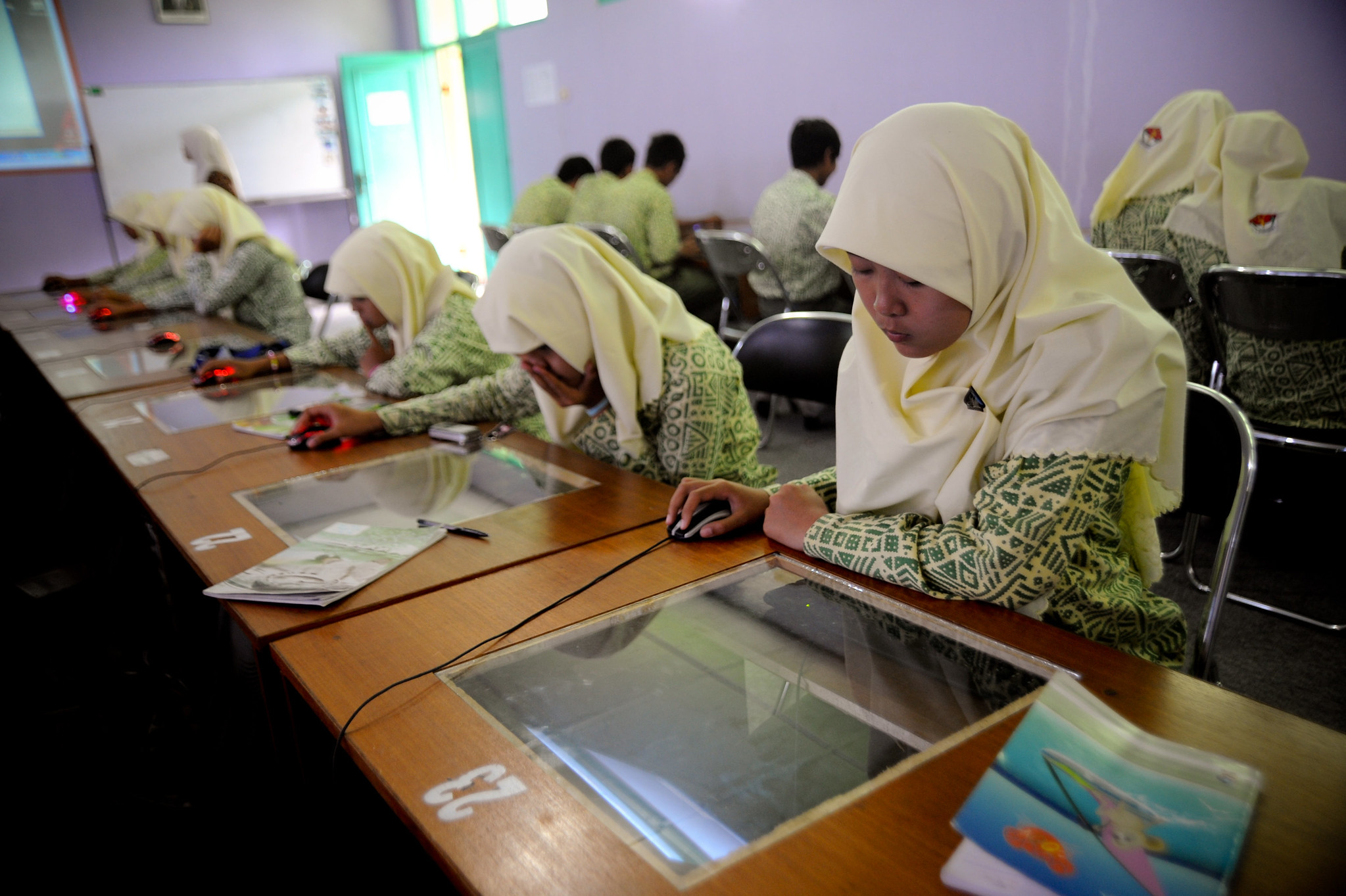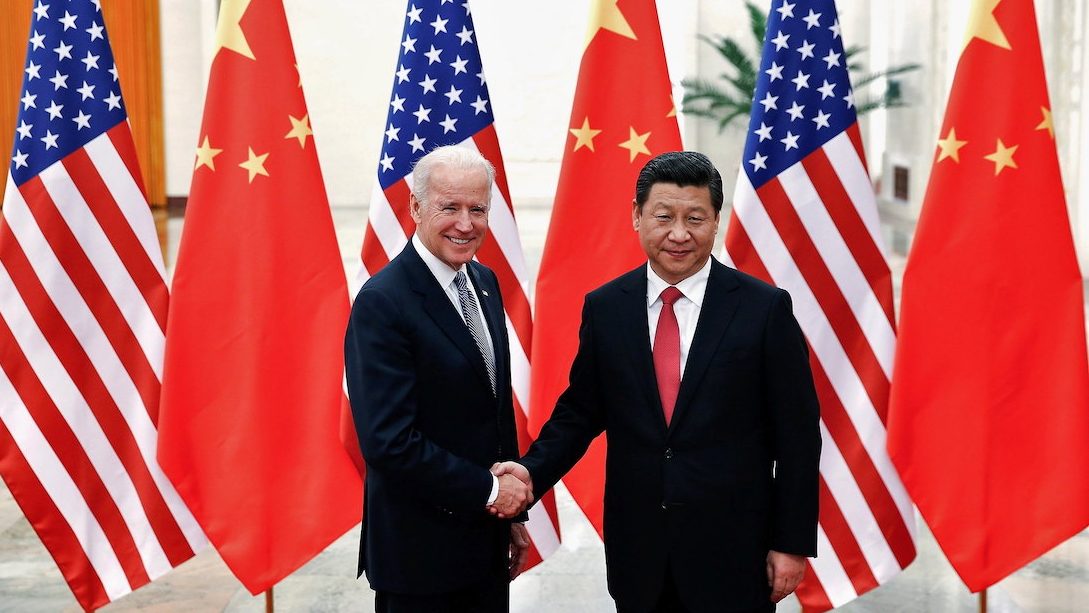As fear of widespread debt crises is growing in importance and receiving more attention, we take the opportunity to share an interview on the topic with Prof Ken Shadlen on “Restructuring Sovereign Debt”. Read the interview here.
More than 60 low-income or middle-income countries are in or at risk of falling into “debt distress,” by which we can think of in simple terms as meaning that the countries owe more money to external creditors than they have abilities to pay.
For countries in debt distress what’s needed is “debt restructuring,” which consists of identifying countries’ actual payment capabilities (how much can they realistically be expected to pay and still keep the lights on?), and reaching agreement with the various creditors who are expecting repayment to reduce the amount of external debt to this level (how to distribute the losses of reduced repayment). Both aspects of debt restructuring (determining the level of “sustainable debt” and working out the terms of debt relief to achieve “sustainability”) are complicated, technically and politically. The creditors that need to be involved in restructuring include other countries (“bilateral” creditors), international organizations such as the International Monetary Fund, World Bank, and regional development banks (“multilateral creditors”), and private investors that lent countries money (“private” or “commercial” creditors).
In the last 20 years among the factors making debt restructuring even more complicated is that these creditors have grown and diversified, i.e. there are more bilateral creditors that expect to be repaid, there are more multilateral lenders involved, and private creditors have begun to lend more money to a wider array of countries.
As fear of widespread debt crises is growing in importance and receiving more attention, we are taking the opportunity to share an interview on the topic with Professor Ken Shadlen, “Restructuring Sovereign Debt”. The discussion here is largely about restructuring of debt to the third type of creditors, for-profit, private investors who have purchased bonds issued by countries.
The interview (from 2021), was conducted by a former ID MSc student who had taken Prof Shadlen’s course, “International Institutions and Late Development” (DV424), where these issues are examined in detail.
The views expressed in this post are those of the author and in no way reflect those of the International Development LSE blog or the London School of Economics and Political Science.
Image credit: Ruth Enyedi via Unsplash.





